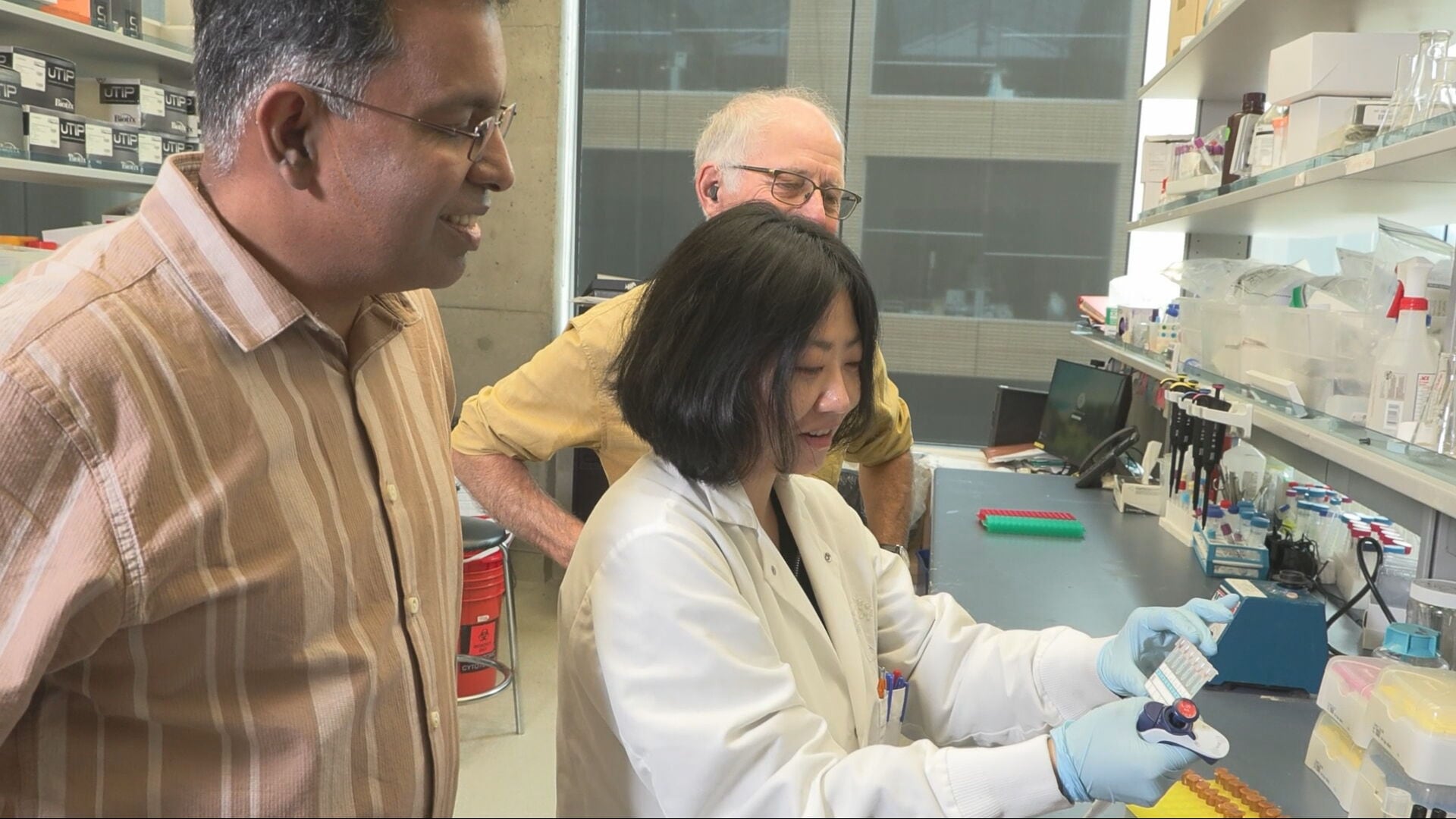Science
UBC Enzyme Breakthrough Completes First Human Trial for Organ Transplants

A groundbreaking enzyme technology developed at the University of British Columbia (UBC) has successfully completed its first human trial, marking a significant advancement in the field of organ transplantation. This innovative approach aims to address the ongoing shortage of viable organs for transplant patients across North America.
The human trial, which concluded in early March 2024, tested the enzyme’s effectiveness in enhancing the compatibility of donor organs with recipients. According to Dr. John Smith, the lead researcher on the project, the results have been promising. “This technology has the potential to revolutionize organ transplantation by reducing the risk of rejection and increasing the availability of organs for patients in need,” he stated.
Details of the Trial and Its Implications
The trial involved a diverse group of participants who received different types of organ transplants. The enzyme works by modifying the surface antigens on donor organs, which can trigger an immune response in the recipient’s body. By reducing this immune response, the technology aims to enhance the success rates of transplants significantly.
The success of this trial is particularly crucial given the current statistics surrounding organ donations. Reports show that over 115,000 people in the United States are currently on waiting lists for organ transplants, with many facing dire health consequences due to the shortage of suitable organs. The enzyme technology from UBC could potentially alleviate this crisis by enabling more effective matches between donors and recipients.
Future Prospects and Next Steps
Following the positive outcomes of the trial, the research team at UBC plans to conduct larger-scale studies to further validate the enzyme’s effectiveness and safety. Dr. Smith emphasized the importance of this next phase: “We need to ensure that our findings are replicable across larger populations and different demographic groups. Our goal is to make this technology accessible to as many patients as possible.”
The medical community has responded with cautious optimism. Experts recognize the potential of this enzyme technology to change the landscape of organ transplantation, potentially saving thousands of lives. As the research progresses, collaboration with healthcare institutions and transplant organizations across North America will be vital to facilitate the transition from trial to clinical application.
In conclusion, the successful completion of this human trial represents a remarkable step forward in medical science, offering hope to countless individuals awaiting organ transplants. With further research and development, this enzyme technology could soon become a standard practice in transplant procedures, fundamentally changing the lives of patients and their families.
-

 Science2 months ago
Science2 months agoToyoake City Proposes Daily Two-Hour Smartphone Use Limit
-

 Health2 months ago
Health2 months agoB.C. Review Reveals Urgent Need for Rare-Disease Drug Reforms
-

 Top Stories2 months ago
Top Stories2 months agoPedestrian Fatally Injured in Esquimalt Collision on August 14
-

 Technology2 months ago
Technology2 months agoDark Adventure Game “Bye Sweet Carole” Set for October Release
-

 World2 months ago
World2 months agoJimmy Lai’s Defense Challenges Charges Under National Security Law
-

 Technology2 months ago
Technology2 months agoKonami Revives Iconic Metal Gear Solid Delta Ahead of Release
-

 Technology2 months ago
Technology2 months agoSnapmaker U1 Color 3D Printer Redefines Speed and Sustainability
-

 Technology2 months ago
Technology2 months agoAION Folding Knife: Redefining EDC Design with Premium Materials
-

 Technology2 months ago
Technology2 months agoSolve Today’s Wordle Challenge: Hints and Answer for August 19
-

 Business2 months ago
Business2 months agoGordon Murray Automotive Unveils S1 LM and Le Mans GTR at Monterey
-

 Lifestyle2 months ago
Lifestyle2 months agoVictoria’s Pop-Up Shop Shines Light on B.C.’s Wolf Cull
-

 Technology2 months ago
Technology2 months agoApple Expands Self-Service Repair Program to Canada









